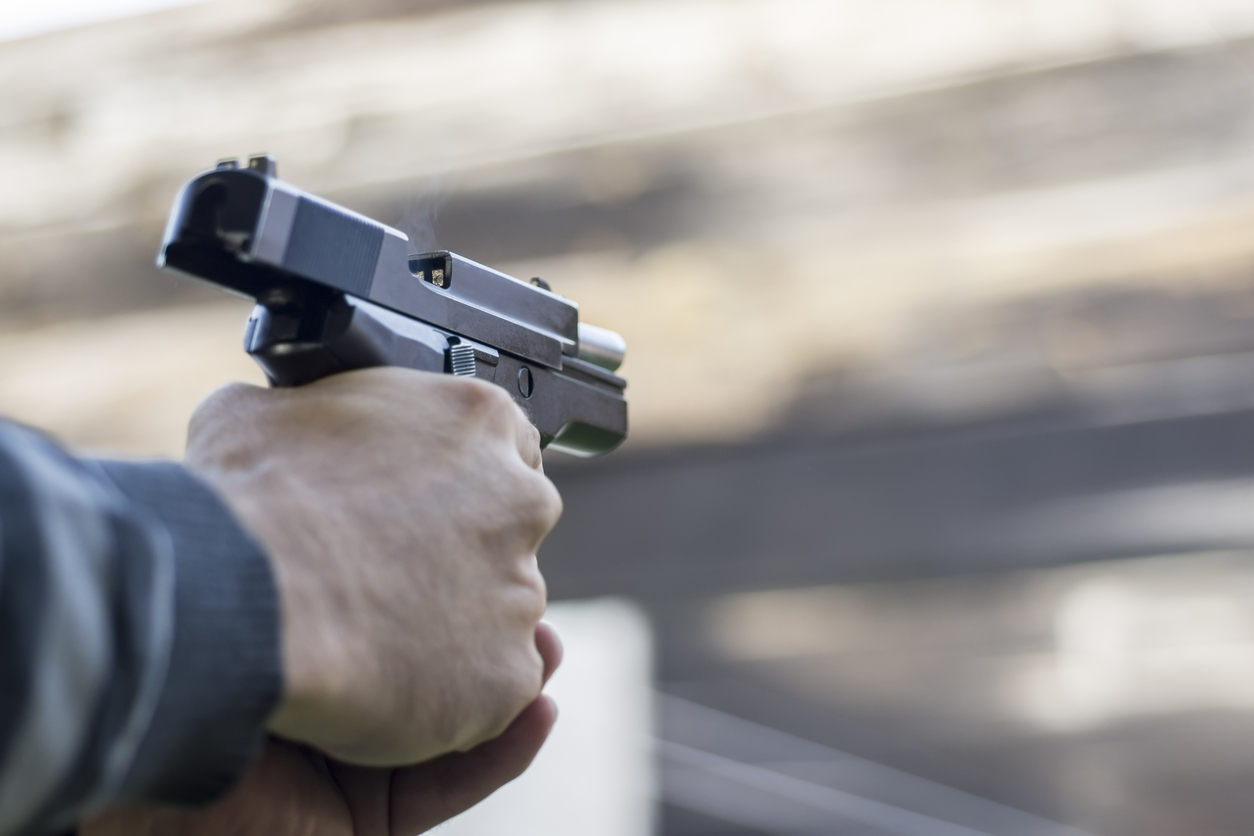SC Cops Wrongfully Arrested 2 Black Men After Target Shooting On Private Property, Lawsuit Says
At one point the officer asked the men “where is the weed at?” even though there was no weed, according to the suit.
A South Carolina man is suing the Fairfield County Sheriff’s Office and four law enforcement offic
